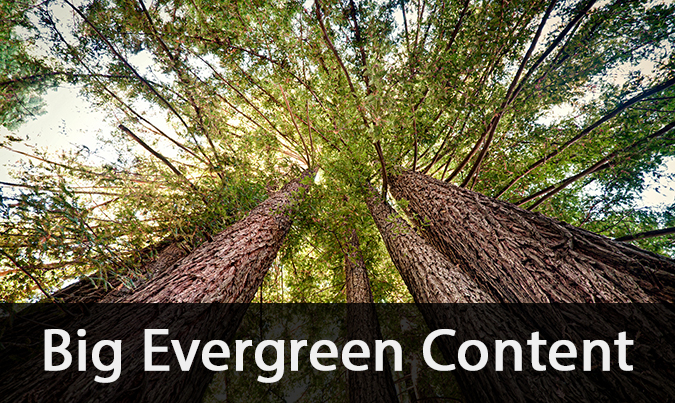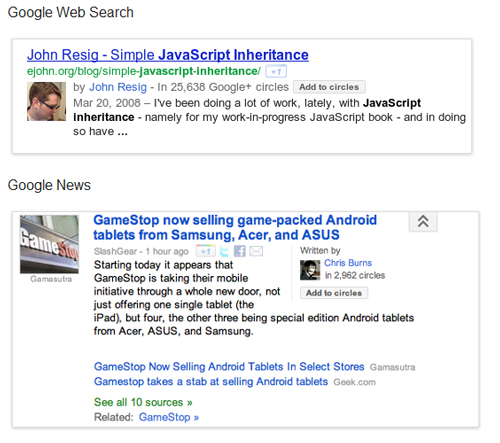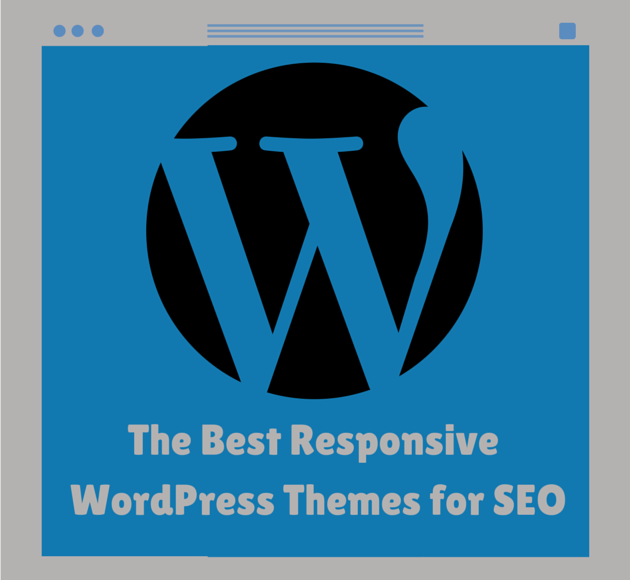Here at Silicon Beach Training we run regular Google Analytics Training and Advanced Google Analytics Training courses. These sessions are hands-on workshops, and we encourage everyone who attends to set up Google Analytics on their website before they attend so that they can get really hands on, creating reports, goals and filters that are relevant to their objectives. So - we've put together this little guide on how to install Google Analytics code on a website. |

This is intended primarily for delegates who will be attending Google Analytics training with us - but hey - it's out there for anyone else who needs to know. We're just nice like that!
In addition to Google Analytics courses, we also run a wide range of other IT, Business and Management Training courses including JavaScript Training, jQuery Training, Ajax Training, HTML5 Training and CSS Training in Brighton, Sussex.
How to Install Google Analytics Code on Your Site
Step 1 - Create a Google Account
If you've already used another Google App like Webmaster Tools. or if you have a GMail account or an Android Phone, you'll most likely already have a Google Account.
If not - go to www.google.com/accounts and set one up - it's free and easy to do (so we won't bother with a step by step guide here)
Aaron Charlie
25 Mar 2011
In 2013, most businesses realise the importance of content. That's why so many SEO agencies are repositioning themselves as content agencies, or at least offering it as a primary product. Our Content Marketing courses used to attract mainly bloggers, but since the Panda and Penguin Google updates we have seen a large increase in SEOs wanting to learn about content.
Yet this mass conversion to content brings up some issues - there is too much noise. Most businesses are still stuck in an outdated content strategy - regular, mediocre quality blog posts with little intent. The content is happening, but is it working?
With content at the forefront of so many marketing strategies, it seems at first glance that big businesses have a massive advantage. Whole in-house marketing teams as well as high profile agencies on hand to craft incredible content. How does a small business compete against this with a 1-3 person marketing team?

Big Evergreen Content
The idea for this post was sparked by Hannah Smith's talk at BrightonSEO 'Go Big or Go Home'(excellent write up on State of Search), which prompted me to revisit Dr. Pete's SEOmoz post at the end of last year 'Why Big Content Is Worth the Risk'. Both Hannah and Dr. Pete explain why big content is necessary and how it can help your business stand out in a very crowded world of below par blog posts:
"We all want the low-hanging fruit, but let’s be honest – the low-hanging fruit is rotten, bruised, and covered with the grubby fingerprints of all the other spoiled brats pawing at it."
The consensus of both the talk and the post is that big content takes around 40 hours to produce. Hannah compared this to an average 12 hours for 'small content' but I think that's a huge overestimation for the majority of businesses. James Carson recently alerted Twitter to the existence of a job ad for an agency looking for a Marketing Executive who for £18,000 a year had to write 25 blog posts a day. That's well over 6,000 articles a year on a range of topics, written by somebody with little knowledge about the subject and obviously no research.
With that much noise, it's important to be different to break through, and that's where big content comes in. But I'm going to go a step further and ask you to consider another element - sustainability. Another popular topic at BrightonSEO, and a common phrase in marketing blogs at the moment is Evergreen Content.
In the rest of this post I'm going to try and convince you why your content should be both big and evergreen for the holy grail of content marketing.
Craig Charley
22 Apr 2013
Last night Facebook announced Facebook Graph Search, putting to rest the many rumours surrounding the cryptic launch event in Los Angeles.
These rumours included Facebook Mobile & an external search engine, but the most popular rumour turned out to be spot on - Facebook has radically overhauled their internal search function in a move that should frighten other social networks, traditional search engines and privacy advocates alike.

There are already tons of posts about the new search function and very few people have access yet (you can sign up for beta here), so instead we are going to focus on how brands (and individuals) can optimise to appear higher and more frequently in search results. One of those lucky few to get early access was Danny Sullivan at Search Engine Land, so head over there for a full run down of how Facebook Graph Search works.
It's very interesting that Facebook is the first social network to bring out a search engine like this. On our SEO courses and social media workshops we emphasise how you can use social media to help rank better in search engines, maybe now we'll have to include a section on using SEO to rank better in social networks!
How Does Visibility Work with Facebook Graph Search?
| Mark Zuckerberg may claim that Graph Search isn't a direct competitor to Google, but it's still a search engine and so there will always be ways to rank higher. Facebook have managed to produce something that Google have been working on for a while - an Internet of Things. Instead of a database of web pages, they have a database of information on things - likes, photos, businesses, people, jobs, locations and many more - and can distinguish between these items. |  |
Your visibility rests on how your business is connected to searchers - the more of their friends have connected with you, the more visible you are in their search results. But this can be just one of many factors affecting your visibility, including:
- Total number of likes
- Total number of check-ins
- The level of engagement on your page
- How often people talk about your business
- The frequency that people check in/ engage
- The recency of check-ins/ engagement
- Your location
- Your potential reach (are your likes/check-ins just local or are people coming from further afield?)
There are likely to be many more I haven't thought of, and the impact of each is determined by the type of search performed.
If a searcher is looking for businesses their friends like, then that will be the major factor. If they're looking for businesses in their area then total likes and of course location will have more of an impact.
But it's not just friends! You can search using an overwhelming number of factors. My favourite example of this is again from Danny Sullivan - "Search for Restaurants run by employees of a particular cooking school". So it's not just about number of connections, but about the type and value of those connections.
Craig Charley
16 Jan 2013
UPDATE JULY 2014: Google has now withrawn authorship photos from SERPs. We still recommend implementing authorship as results will still have a byline and your content will rank better for your Google+ connections.
Google have just announced that they are going to start showing author information in search results. This is great for author awareness and can help Google raise the rankings of pages written by authority figures. It is also great for SEO's who are worried that al the great content they are writing is getting ripped off or assigned to the wrong author!
Even better, Google are replacing 'rel=author' and 'rel=me' tags and are instead automatically linking your Google+ profile to content you have written. All you have to do now is add the URLs of the sites you write for to your Google+ profile, and then when scanning those sites, Google will attribute any posts with your author name to you. Then when those posts appear in search results they will come with a 'Written by' box including a link to your G+ page. It should end up looking like this:

So why the need for this new change when Google first announced author tags last year?
Aaron Charlie
13 Jan 2012
What's that?
You've been advised to "keep it simple" on visuals and now you're even thinking about outsourcing your SEO efforts?
There's no need to skimp on form to enhance the function of your website.
I've picked out five of the best responsive SEO friendly themes for your WordPress site that look great, but look even better in search.

Aaron Charlie
12 Mar 2015
What Is Negative SEO?
In simple terms, negative SEO is any act performed to harm a competitor. In this case I'm going to look at links as that's the biggest talking point and easiest to spot, but if you want to scare yourself then I recommend reading Kristine Schachinger's hair raising post on Extreme Negative SEO.

The act of building bulk backlinks to your site with exact match anchor text used to be a great idea. It resulted in higher ranking and was relatively easy to do. However, since the search engines have started cracking down on this hard, it's become a very bad thing for your site - just the sort of thing that can get your site penalised or even delisted by Google.
This is a move that promotes quality - that's great! But what if you're not the one building links to your site? What if a rival decides to turn their mass link building schemes on your site instead of theirs?
Craig Charley
15 Aug 2012
Update 09/07: Search Engine Land have reported that Google's John Mueller has twice stated that if you are guest blogging for links, then those links should be nofollowed. This is stronger proof than ever that Google considers guest post links a violation of their Webmaster Guidelines and it's a matter of time until we see some sort of 'guest post link penalty'. I think this should be taken with a pinch of salt so you shouldn't rush out and nofollow all your posts, but you should definitely think about the kinds of sites you are writing for and the quality of your content.
Nearly two years since we wrote about guest blogging as the next big thing for SEO and link building, it's time to look at how guest posting has changed, the impact of scaling and whether it's still a valuable SEO technique.
It's important to remember that content marketing is not just guest blogging. Find out exactly what it is on our Content Marketing Course or read our Content Marketing Guide.

Craig Charley
8 Jul 2013
MicroSites, MiniSites, Campaign Sites.... Do they actually work for SEO?
Our LinkedIn discussion of the month
Learn more about Search Engine Optimisation on our recently revamped Search Engine Optimisation Course in Brighton, Sussex.
Our LinkedIn discussion of the month
 Microsites can be an excellent way to drive traffic, rank competitive keywords and target niche markets, however many SEOs advise that it's better to bring content into your main domain. With the increased use of Social Media, many also suggest that time is better invested in building networks and sharing resources on platforms such as Facebook and Twitter - a very different kind of online marketing (see this great blog on why you should be wary of using Facebook Pages like MicroSites).
Microsites can be an excellent way to drive traffic, rank competitive keywords and target niche markets, however many SEOs advise that it's better to bring content into your main domain. With the increased use of Social Media, many also suggest that time is better invested in building networks and sharing resources on platforms such as Facebook and Twitter - a very different kind of online marketing (see this great blog on why you should be wary of using Facebook Pages like MicroSites).
At Silicon Beach Training we used to have microsites but we brought them all into our main site, with much content now in our Free Resources section. This was under the advice of SEO companies. However, we did lose a lot of traffic and many SEOs are now suggesting we should create microsites!... Confused, Heather posed the question "Should I use MicroSites" to her LinkedIn network; what follows are the helpful responses.
Aaron Charlie
17 May 2010